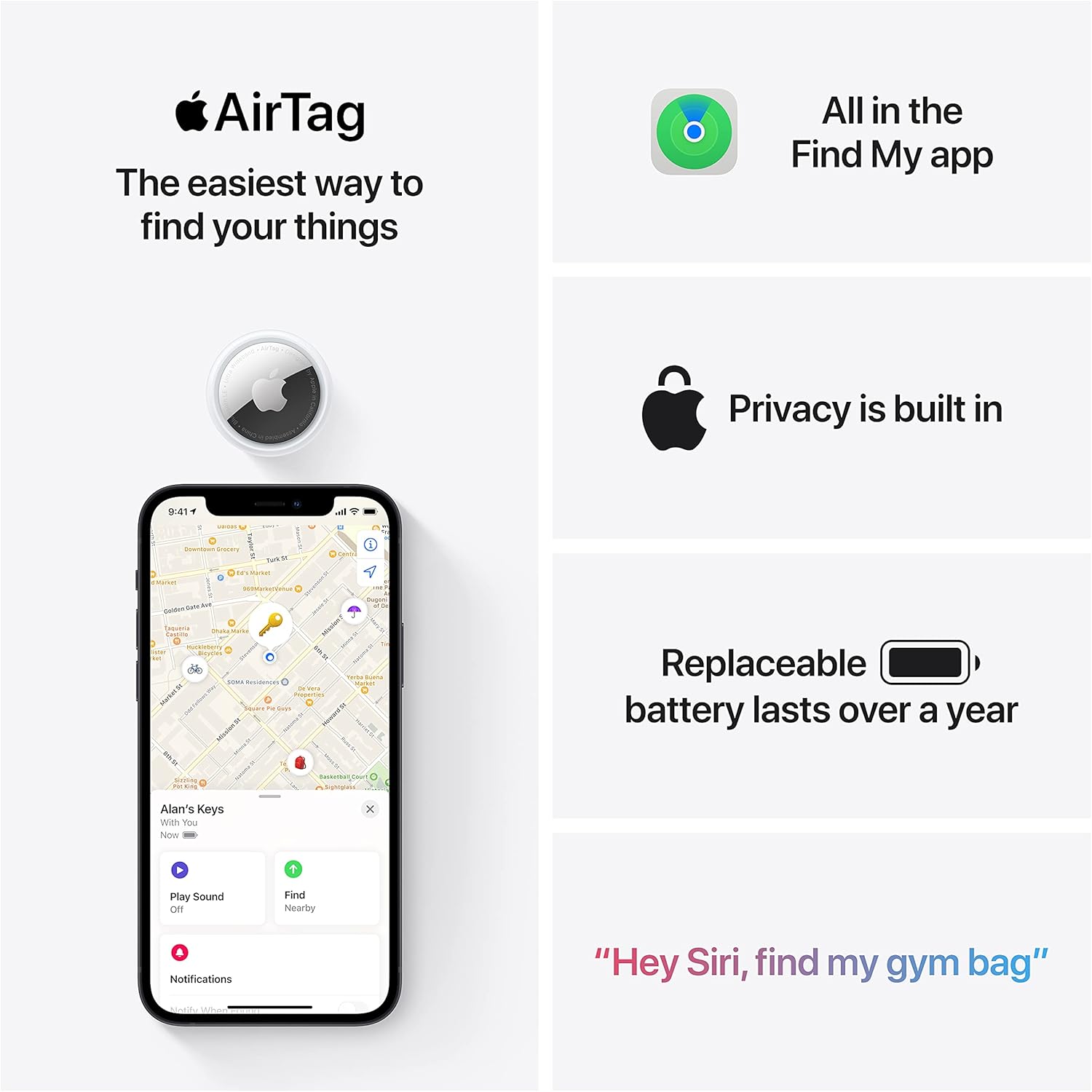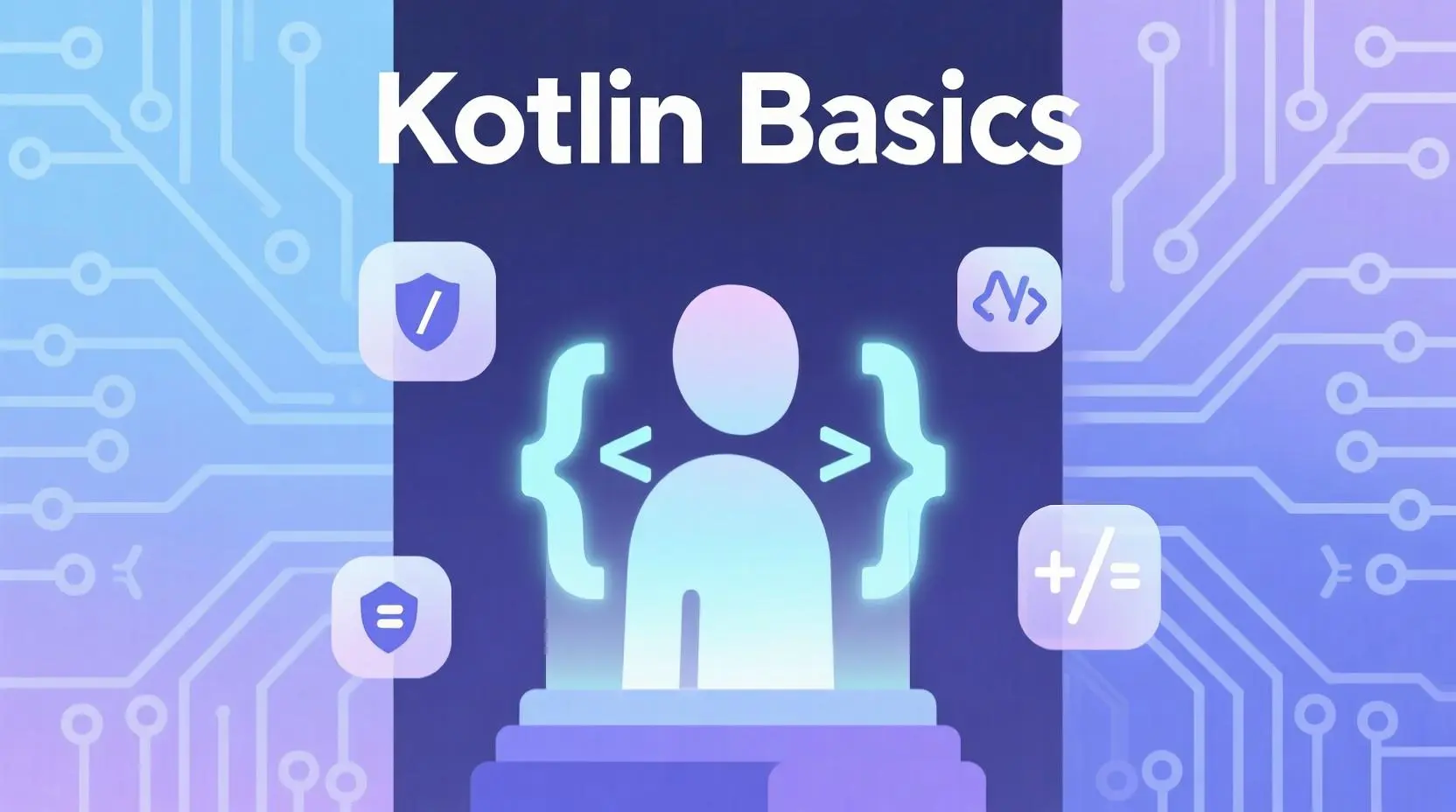Kotlin is rapidly gaining popularity among developers for building Android applications, backend services, and even multiplatform projects. Its concise syntax, safety features, and full interoperability with Java make it an ideal choice for modern programming. In this article, we will cover the fundamentals of Kotlin, helping beginners understand its core concepts, features, and practical applications.
What is Kotlin?
Kotlin is a modern, statically-typed programming language developed by JetBrains in 2011. It runs on the Java Virtual Machine (JVM) and can be used anywhere Java is used. Its primary goal is to improve productivity, reduce boilerplate code, and provide a safer alternative to Java. Kotlin is officially supported by Google for Android development, which has significantly increased its adoption among developers.
Key Features of Kotlin:
- Concise Syntax: Reduces boilerplate code compared to Java.
- Null Safety: Helps avoid NullPointerExceptions.
- Interoperability: Fully compatible with Java, allowing developers to use existing Java libraries.
- Functional Programming: Supports higher order functions, lambdas, and more.
- Cross Platform Development: Kotlin Multiplatform allows code sharing across Android, iOS, and web applications.
Why Learn Kotlin?
Learning Kotlin offers multiple advantages for both beginners and experienced developers:
- Android Development: Kotlin is the preferred language for Android apps, and it’s supported by Android Studio.
- Simplified Coding: Its expressive syntax reduces development time and increases readability.
- Safety and Reliability: Null safety and type inference minimize runtime errors.
- Career Opportunities: As Kotlin grows in popularity, the demand for Kotlin developers is rising.
Setting Up Kotlin
Before writing Kotlin code, you need a development environment. Here are the common ways to start:
Using IntelliJ IDEA or Android Studio
- Download and install IntelliJ IDEA or Android Studio.
- Create a new Kotlin project.
- Choose the target JVM version and set project configurations.
- Start writing Kotlin code in
.ktfiles.
Using Online Kotlin Playgrounds
If you want to experiment without installing software, you can use the Kotlin Playground. It allows you to write, run, and share Kotlin code directly from your browser.
Kotlin Basics: Syntax and Structure
Understanding the basic syntax is essential to write functional Kotlin programs.
Variables and Data Types
Kotlin has two main types of variables: val and var.
- val: Immutable variable (cannot be reassigned)
- var: Mutable variable (can be reassigned)
val name: String = "Laayal"
var age: Int = 25
age = 26
Common Data Types:
- Numbers:
Int,Double,Float,Long - Boolean:
Boolean - Character:
Char - Text:
String
Functions
Functions in Kotlin are declared using the fun keyword:
fun greet(name: String): String {
return "Hello, $name!"
}
You can also write concise functions using expression syntax:
fun greet(name: String) = "Hello, $name!"
Conditional Statements
Kotlin supports traditional if-else statements and the more powerful when expression:
val number = 10
if (number > 0) {
println("Positive")
} else {
println("Negative or Zero")
}
val day = 3
when(day) {
1 -> println("Monday")
2 -> println("Tuesday")
3 -> println("Wednesday")
else -> println("Another day")
}
Loops
Kotlin provides for, while, and do-while loops:
for (i in 1..5) {
println(i)
}
var count = 1
while (count <= 5) {
println(count)
count++
}
Null Safety
One of Kotlin’s strongest features is null safety. Variables are non-nullable by default, reducing runtime exceptions:
var name: String = "Laayal" // Cannot be null
var nullableName: String? = null // Can hold null
println(nullableName?.length) // Safe call
Classes and Objects
Kotlin supports object-oriented programming. You can define classes and create objects:
class Person(val name: String, var age: Int)
val person = Person("Laayal", 25)
println(person.name)
Kotlin also supports data classes for storing data efficiently:
data class User(val name: String, val age: Int)
val user = User("Laayal", 25)
println(user)
Collections
Kotlin provides powerful collection types:
- Lists: Ordered collections
- Sets: Unique elements
- Maps: Key-value pairs
val fruits = listOf("Apple", "Banana", "Orange")
val numbers = setOf(1, 2, 3, 4)
val userInfo = mapOf("name" to "Laayal", "age" to 25)
You can iterate over collections using loops or functional methods like forEach, map, and filter.
Extension Functions
Kotlin allows you to extend existing classes without modifying them:
fun String.addExclamation() = this + "!"
println("Hello".addExclamation()) // Output: Hello!
Lambda Expressions
Kotlin supports functional programming with lambdas:
val square = { x: Int -> x * x }
println(square(5)) // Output: 25
Lambdas are commonly used with collections:
val numbers = listOf(1, 2, 3, 4)
val doubled = numbers.map { it * 2 }
println(doubled) // Output: [2, 4, 6, 8]
Best Practices for Kotlin Beginners
- Prefer
valovervarfor immutability. - Use null safety features to prevent runtime errors.
- Leverage Kotlin standard library for concise and readable code.
- Follow coding conventions for consistency.
- Learn functional programming concepts to write clean, efficient code.
Conclusion
Kotlin is a versatile, modern language ideal for Android development, backend services, and cross-platform applications. Its simple syntax, null safety, and interoperability with Java make it beginner-friendly yet powerful for advanced developers. By understanding Kotlin basics like variables, functions, classes, collections, and lambdas, beginners can start building real-world applications efficiently.
Whether you are a new programmer or an experienced Java developer, learning Kotlin will expand your skill set and open up more opportunities in mobile and backend development. Start experimenting today with small projects, and you will soon appreciate the simplicity and power that Kotlin brings to modern programming.

Arknights: Endfield
3D tactical RPG set in the Arknights universe. Lead a team of operators on a mysterious planet, explore new areas, build and optimize your base, and fight in dynamic battles while completing story-driven missions in a sci-fi world.

MMO Mug
MMO Mug - Legendary Coffee Mug Level 110 - Large Ceramic Black15oz - Gaming, Gamer Cup

Apple AirTag 4 Pack
Brand Apple Are Batteries Included Yes Number of Batteries 4 CR2032 batteries required. (included) Product Dimensions 1.26\"L x 1.26\"W x 0.31\"Th Compatible Devices airtag


